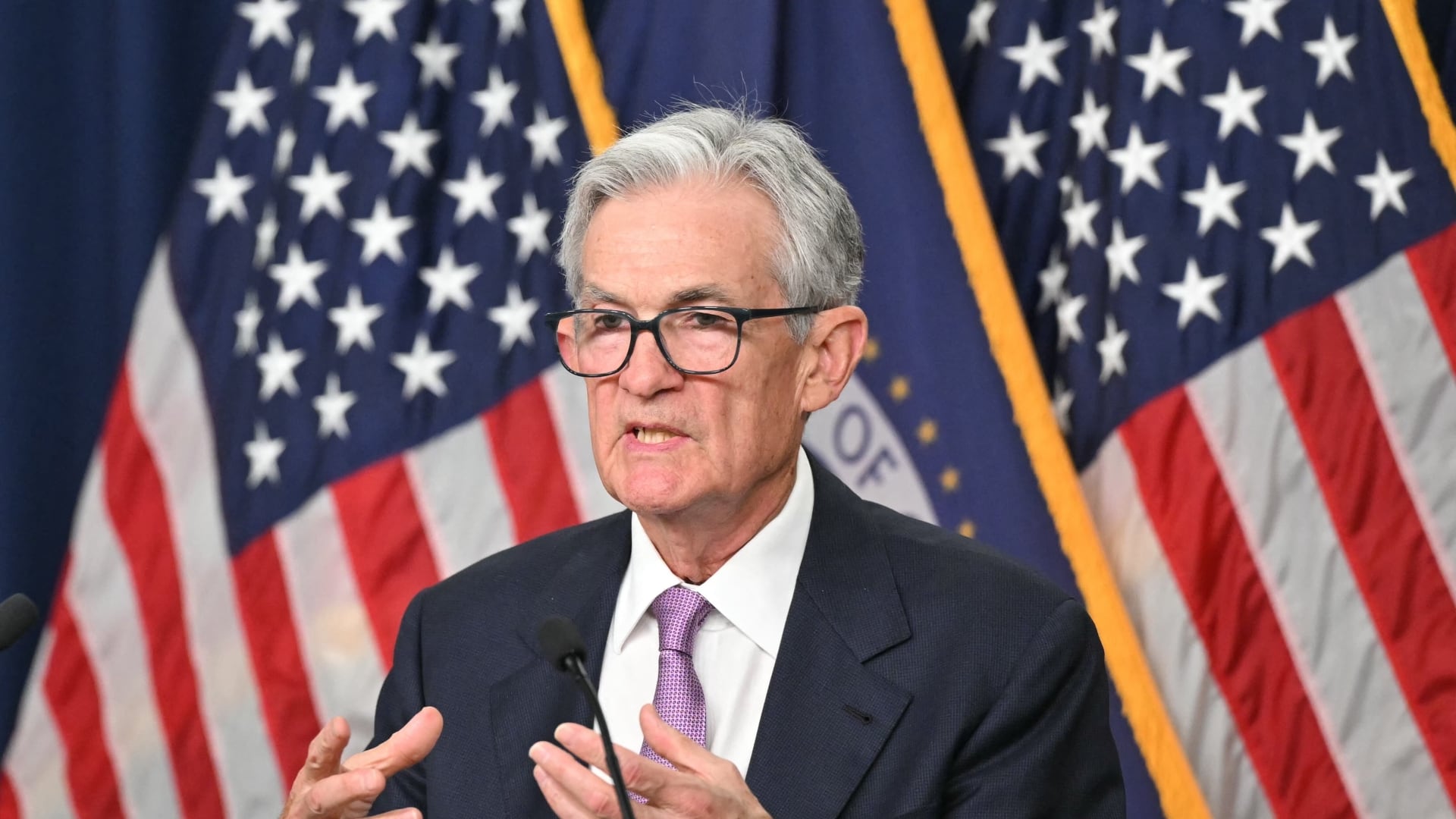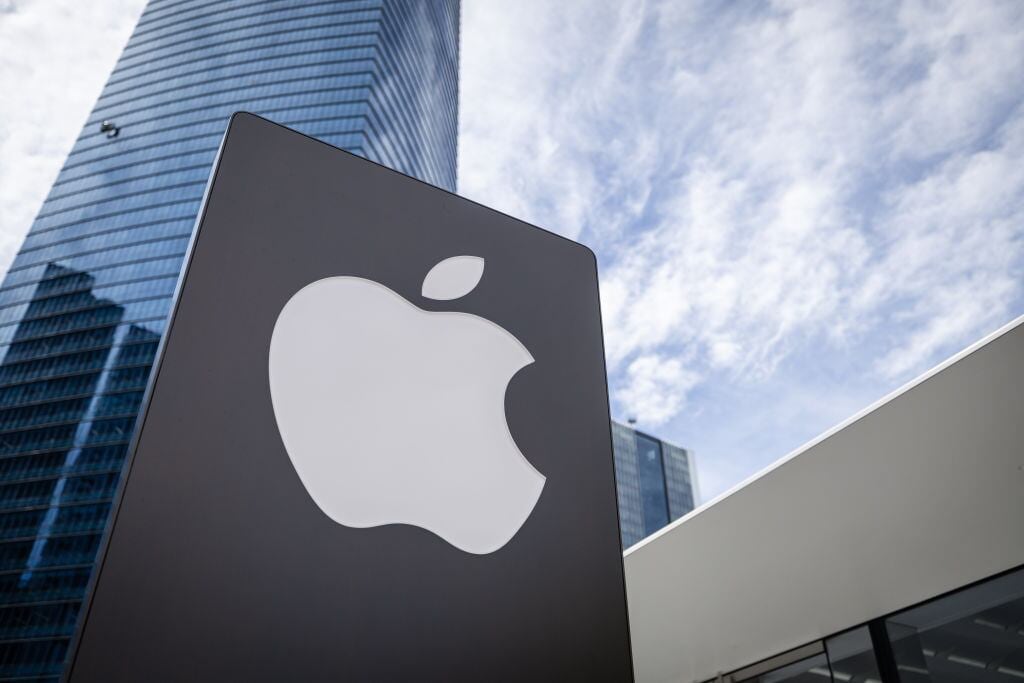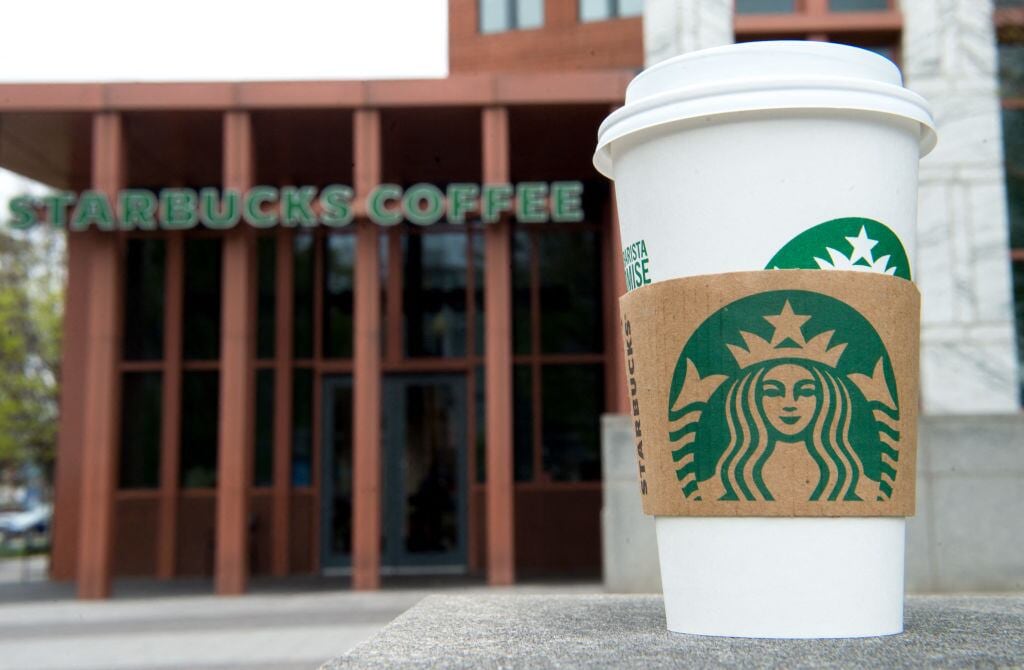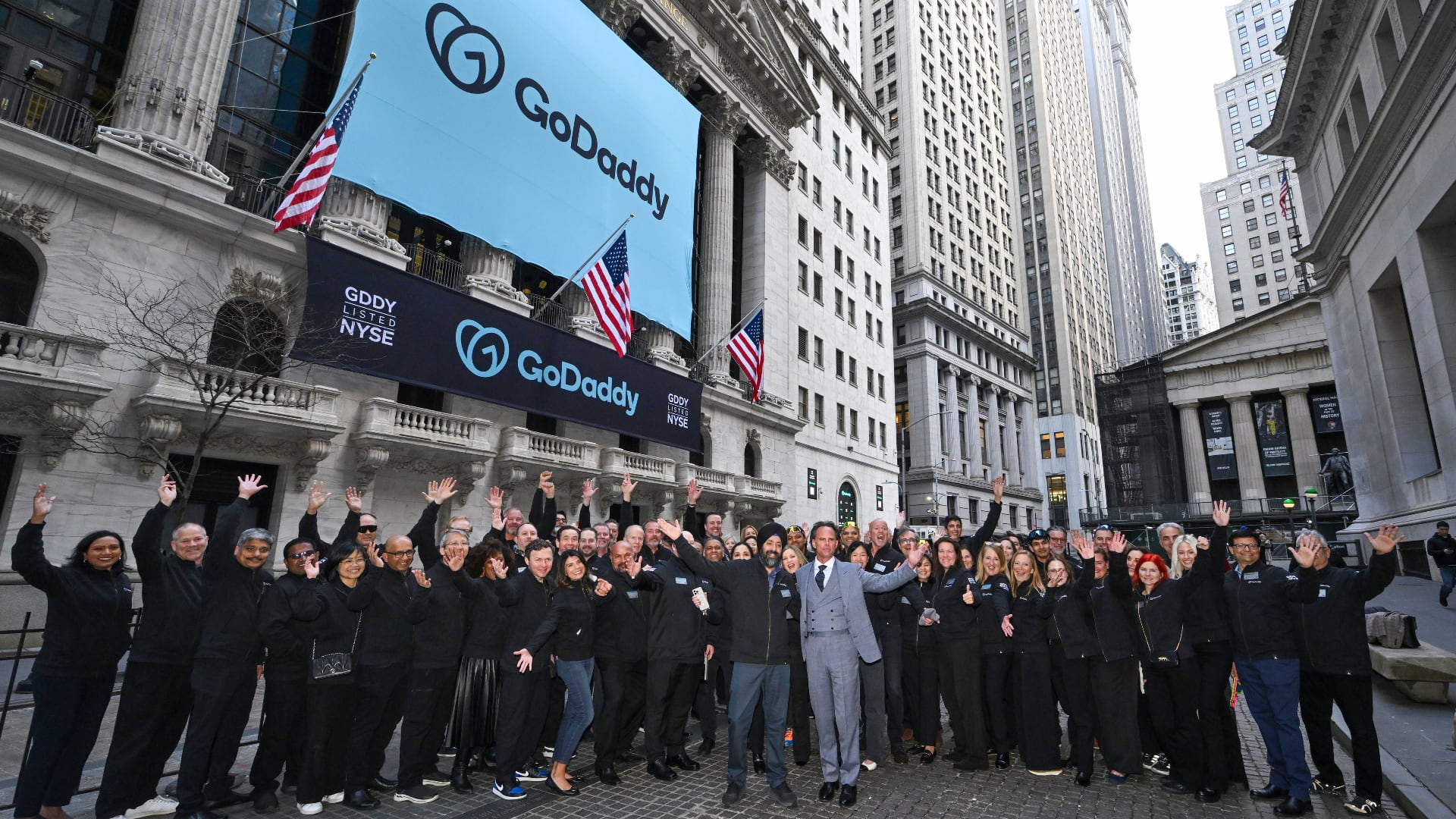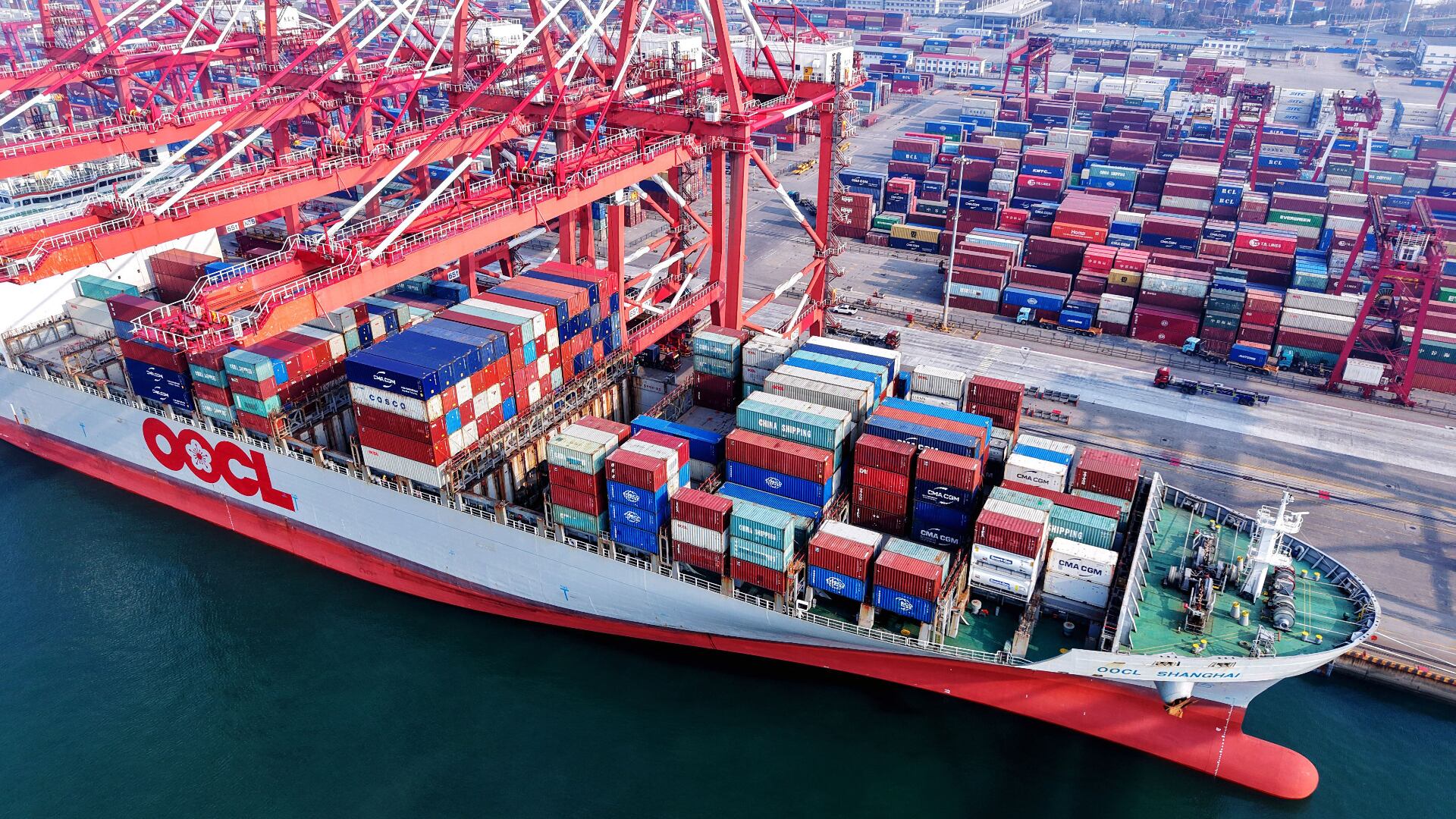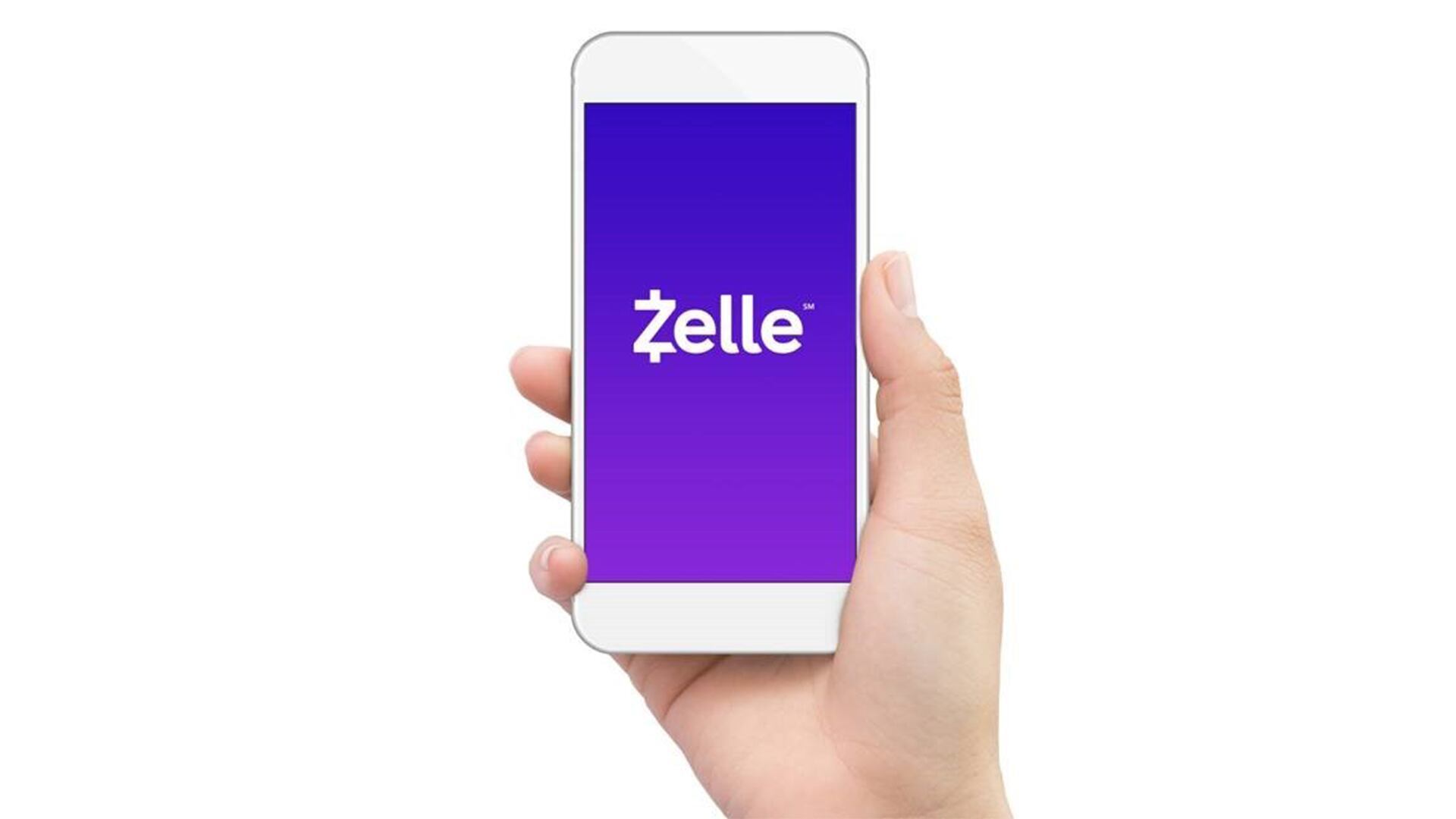By Stan Choe
Wall Street is drifting Wednesday, and stocks are mixed a day after their latest tumble in what’s been a messy August.
The S&P 500 rose 0.1% higher in morning trading to claw back a bit of its prior day's loss of 1.2%. The Dow Jones Industrial Average is up 95 points, or 0.3%, at 35,041, as of 10:45 a.m. Eastern time, and the Nasdaq composite is virtually unchanged.
Retailers Target and TJX, the company behind T.J. Maxx and Marshalls, were pushing upward on the market. Target rallied 4.1%, and TJX rose 3.8% after both reported stronger profit for the spring than analysts expected.
They were working to offset a drop of 3.9% for Brinker International, which runs Chili's restaurants. It also reported stronger profit than expected, but its revenue fell short of forecasts.
Wall Street has generally been retrenching this month on several concerns, including worries that torrid gains made this year through July were overdone and that interest rates may stay high for longer.
The Federal Reserve may offer more clues about where interest rates are heading this afternoon, when it releases the minutes from its latest meeting. That’s when the Fed hiked its main interest rate to the highest level in more than two decades in hopes of further smothering high inflation.
Hopes are still relatively high that last month's rate hike may prove to be the last of this cycle and that the Fed will begin cutting rates early next year. Elevated rates, while cooling inflation, can slow the entire economy bluntly and hurt prices for investments, raising the risk of a recession.
But the Fed has been adamant that it wants to fully extinguish the worst inflation in decades, and a surprisingly strong report on U.S. retail sales Tuesday suggested upward pressure still exists. So while strong economic reports calm long-held worries about a possible recession, they could also end up keeping rates higher for longer.
Reports on Wednesday morning showed that U.S. industrial production improved by more than economists expected last month. Homebuilders also broke ground on more homes.
Treasury yields have been generally climbing as reports have painted a picture of a still solid economy. That pressures stocks because when safe bonds are paying more in interest, investors feel less need to take risks with stocks and other investments.
But yields pulled back a bit on Wednesday, offering some relief. The yield on the 10-year Treasury dipped to 4.20% from 4.22% late Tuesday. The 10-year helps set rates for mortgages and other important loans.
The two-year Treasury yield, which more closely tracks expectations for the Fed, fell to 4.91% from 4.96%.
On Wall Street, Coinbase Global rose 2.1% after it said it plans to offer the trading of futures contracts for cyprocurrencies soon to eligible U.S. customers after receiving a federal regulatory approval.
Progressive jumped 9% for the biggest gain in the S&P 500 after reporting its results for July, and other insurers also rallied to help lead the market.
On the losing end was Intel, which fell 1.6%. It and Tower Semiconductor agreed to call off Intel's $5.4 billion buyout of the Israeli chip maker after the deal faced resistance from Chinese regulators.
Agilent Technologies fell 3.1% despite reporting stronger profit for the latest quarter than analysts expected. Its forecast, including revenue for the full year, fell short of expectations. It pointed to a challenging economy, particularly in China.
In stock markets abroad, indexes were mixed across Europe. Stocks were down more sharply in Asia, where worries are high about a faltering economic recovery in China.
Stocks fell 1.4% in Hong Kong, 1.8% in Seoul, 1.5% in Tokyo and 0.8% in Shanghai.
Coming into this year, the expectation was that China’s economy would grow enough after the government removed anti-COVID restrictions to prop up a global economy weakened by high inflation. But China’s recovery has faltered so much that it unexpectedly cut a key interest rate on Tuesday and skipped a report on how many of its younger workers are unemployed.
AP Business Writers Yuri Kageyama and Matt Ott contributed.
